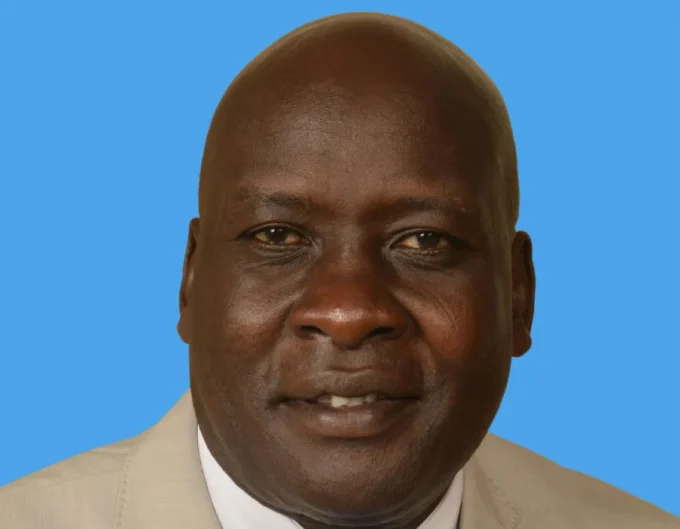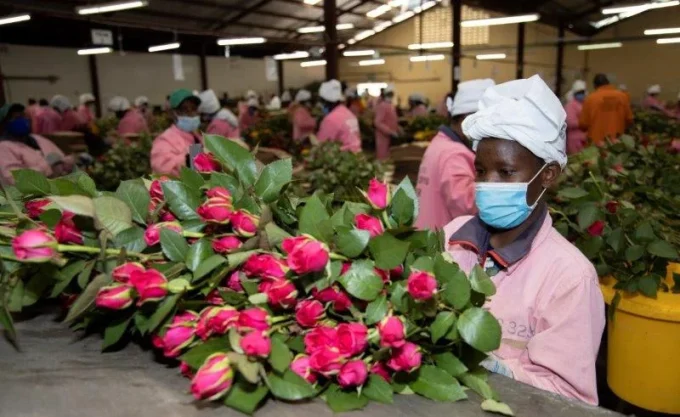[dropcap]D[/dropcap]an Githua, 36, was CEO of one of Kenya’s largest supermarket chains Tusker Mattresses, commonly known as Tuskys, until February 23rd, when he was forced out through a boardroom coup. The family-owned business started as a small shop in the town of Nakuru in the 1980s. Today it operates 52 supermarkets in Kenya and seven in Uganda. Howwemadeitinafrica interviewed him before he was fired. He talks about his rise to the top and business life.
- What was your first job?
When I was in my first year of high school I had a business that was involved in selling milk and I had two employees. I was about 16 years old and it was a really good business.
- What parts of your job keep you awake at night?
Customer service. I get a daily customer service report from every branch. I want to know on a daily basis what customers complained about or complimented us for. It really takes you to all the problems in the business. You will get to know about issues with suppliers, an unhappy employee or deliveries that were delayed – all from the experiences customers had that day.
- Who has had the biggest impact on your career and why?
The former managing director of Tuskys, Stephen Mukuha. I admire him because with not as much education as [some of us] have today he was able to grow a business of Ksh.40bn (US$391m) revenue. He grew that in just about seven years.
- Tell us about the best professional advice you’ve ever received.
Somebody once told me that when I am trying to make a decision, I should go with 40% to 60% information. You shouldn’t wait for 100% certainty because if you wait too long you will find someone else has seized the opportunity.
- The top reasons why you have been successful in business?
I think I listen. I spend a lot of time listening to others and reading. Because of that I get a lot of input from other people on how they think things should be done. I think it is important to listen and read.
- Where’s the best place to prepare for leadership? Business school or on the job?
Forget business school, on the job is where you really learn. One thing I have learnt recently is the mother as a shopper is the key to any retail business. So I seek every day to understand a mother as a shopper. First they provide the biggest constituency of shoppers, particularly for FMCG goods. Secondly, even when they are not the ones shopping, they influence shopping decisions a lot. Thirdly, when they are your customer and you treat them well they are extremely loyal. If there is one demographic that I need to think about a lot, it is the mother – how to make the mother happy as a shopper.
- How do you relax?
I like long drives. Luckily we have 52 stores across the country. So if I decide this weekend I am driving to Kisumu, I will end up at one of our stores. I will have had my long drive and I will also be at work.
READ: Gina Din opens up on her struggles in life and business
- By what time in the morning do you like to be at your desk?
By 6am. I live very close to the office by choice – it is just a five minutes drive from the office. I like to come in early, do the emails and the paper work so by the time other people arrive I have reviewed my reports and I am ready for the meetings. I leave work early so I can pass by the stores and see customers shopping because late afternoon and evening hours is when many people shop.
- Your favourite job interview question?
When I interview someone for a job, what I don’t ask is more important. I watch body language and I listen to them talk. I also like to know about a person’s general attitude towards work. For me that is the most important aspect of any new hire.
- What is your message to Africa’s aspiring business leaders and entrepreneurs?
First, do not listen to the message that it is very hard to do business in Africa. Second, do not look at the so-called middle class. I think that is a western concept. Look at the masses. Government ministers shop at Tuskys but also people living in the informal slum of Kibera shop at Tuskys. The minister is coming for his home furniture, while the person from Kibera will shop for his milk and bread. So we serve people across the spectrum. There is this fixation with the middle class. Everybody in Kenya has some money they can spend and we should look at opportunities to provide services to all people. My main message is that the fixation with certain income levels is not applicable here – look at the entire population as potential customers. (HOWWEMADEITINAFRICA.COM]



















































![Pula Co-Founders and Co-CEOs, Rose Goslinga & Thomas Njeru. Pula provides agricultural insurance and digital products to help smallholder farmers manage climate risks, improve farming practices and increase their incomes. [ Photo / Courtesy ]](https://businesstoday.co.ke/wp-content/uploads/2021/01/Pula-Co-Founders-and-Co-CEOs-Thomas-Njeru-Rose-Goslinga.jpg)



























































Leave a comment